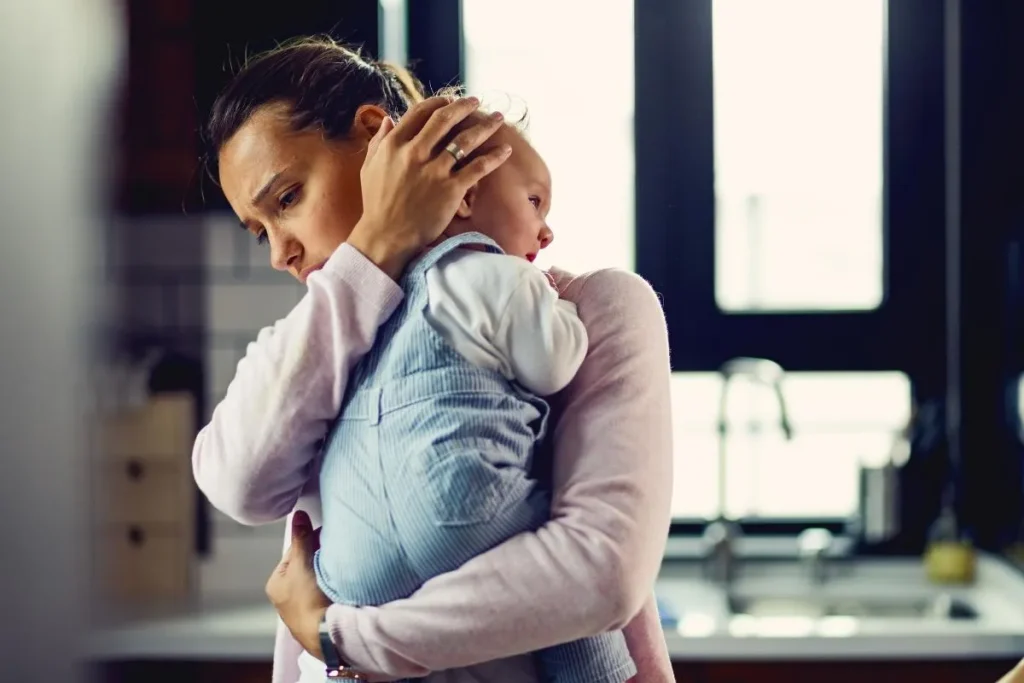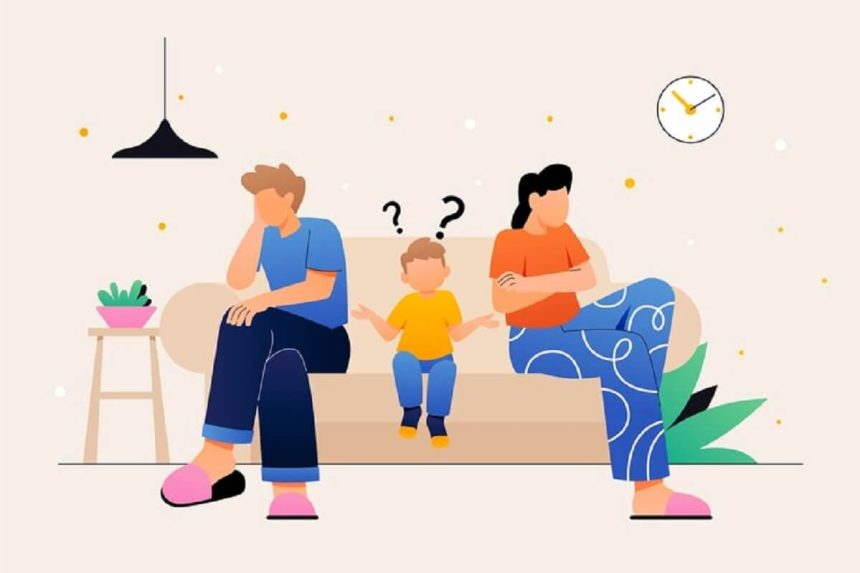Postpartum Depression: 7 Crucial Tips for Healing and Hope
A New Beginning: Overcoming Postpartum Depression with Expert Advice
Do you feel overwhelmed and emotionally exhausted after welcoming your new baby? You’re not alone. Postpartum depression (PPD) is a common challenge many new mothers face, yet it often remains misunderstood. Dr. Surpreet Kaur Sandhu, a leading gynecologist in Sarita Vihar, New Delhi, sheds light on this crucial issue. This guide aims to help you understand the symptoms, causes, and treatments of postpartum depression, empowering you with knowledge and strategies for recovery. Let’s embark on this journey to better mental health and a joyful motherhood experience.

In the journey of motherhood, acknowledging your struggles is the first step towards healing and strength.
Dr. Surpreet Kaur Sandhu
Identifying Postpartum Depression
Recognizing PPD is the first step towards healing.
- Common symptoms and signs
- Differences from “baby blues”
- When to seek professional help
Causes and Risk Factors
Understanding what leads to PPD can be empowering.
- Hormonal changes and their impact
- Psychological and emotional factors
- The role of lifestyle and environment
Seeking Professional Help
The importance of reaching out for support cannot be overstated.
- How a healthcare provider can help
- Therapy and counseling options
- The role of medication in treatment
Self-Care Strategies
Simple yet effective ways to take care of yourself.
- Importance of rest and nutrition
- Engaging in physical activity
- Finding time for personal interests
Support Systems and Networks
Leaning on others is not a sign of weakness but of strength.
- Building a support network
- Communicating with family and friends
- Support groups and community resources
Prevention and Awareness
Steps to minimize the risk and spread awareness.
- Prenatal care and mental health screening
- Building resilience during pregnancy
- Educating family and society
Moving Forward
Embracing the journey to recovery
- Setting realistic expectations
- Celebrating small victories
- Fostering a positive mindset
Conclusion
Postnatal depression is a complex but treatable condition that many new mothers face. With the right support, including expert guidance from professionals like Dr. Surpreet Kaur Sandhu, recovery is not just possible; it’s within reach. Remember, seeking help is a sign of strength, not weakness. You owe it to yourself and your baby to take care of your mental health. Embrace the journey of motherhood with confidence, knowing that support and resources are available to guide you through.
“In South Delhi, join the gynae forum—an enclave of wellness, where top-notch care meets the compassionate expertise of renowned health guardians.”
Dr. Surpreet Kaur Sandhu
FAQs
Q: What are the early signs of postnatal depression to watch for?
Early signs include persistent sadness, a lack of interest in the baby, insomnia, and overwhelming fatigue.
Q: How does postnatal depression differ from the baby blues?
Baby blues are milder and shorter, while PPD is more intense and persistent and can interfere with daily activities.
Q: When should a new mother seek help for postnatal depression?
If symptoms last longer than two weeks or are severe enough to affect daily functioning, it’s time to seek professional help.
Q: Can lifestyle changes aid in recovering from postnatal depression?
Yes, lifestyle changes like regular physical activity, proper nutrition, and adequate rest can support recovery.
Q: What role can partners play in supporting a mother with PPD?
Partners can offer emotional support, help with baby care, encourage professional help, and provide a listening ear.
Q: Are there effective therapies for treating postpartum depression?
Effective therapies include counseling, cognitive-behavioral therapy, and, in some cases, medication under medical supervision.
Q: How important is social support for recovering from postpartum depression?
Social support is crucial; it provides emotional comfort, practical help, and reduces the feeling of isolation.
Q: Can postpartum depression affect the baby’s development?
Yes, it can impact bonding and cause developmental delays, making early treatment crucial for both mother and baby.
Q: What preventative measures can be taken against postpartum depression?
Preventative measures include prenatal mental health screenings, building strong support systems, and raising awareness about PPD.
Q: Is it possible to fully recover from postpartum depression?
With the right treatment and support, a full recovery from postpartum depression is absolutely possible.



